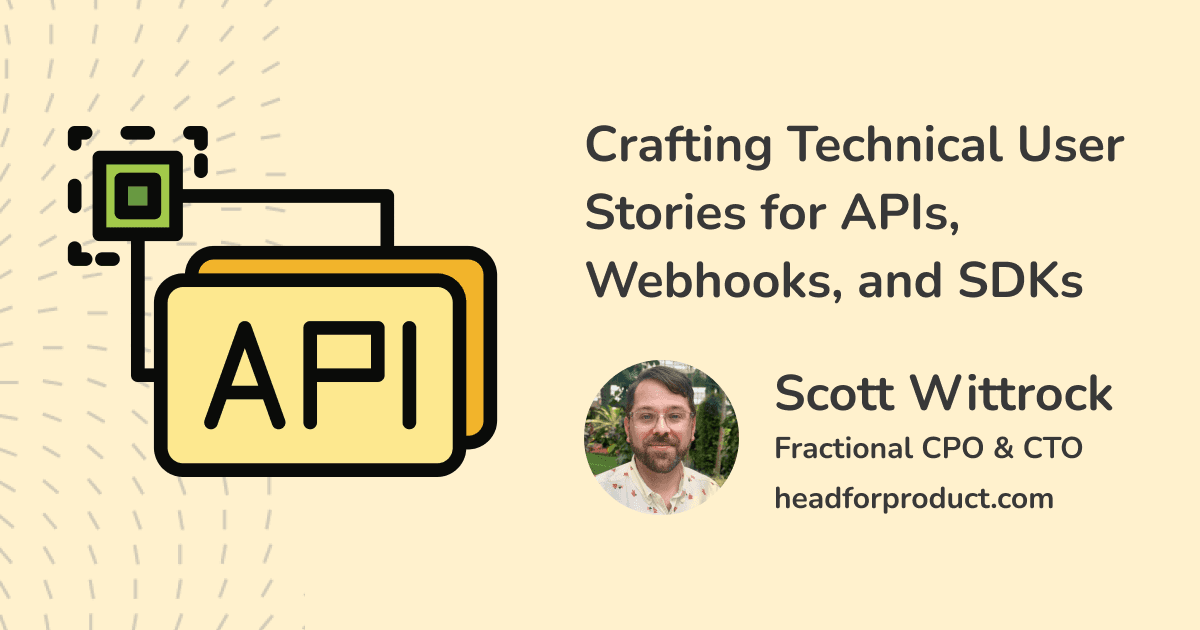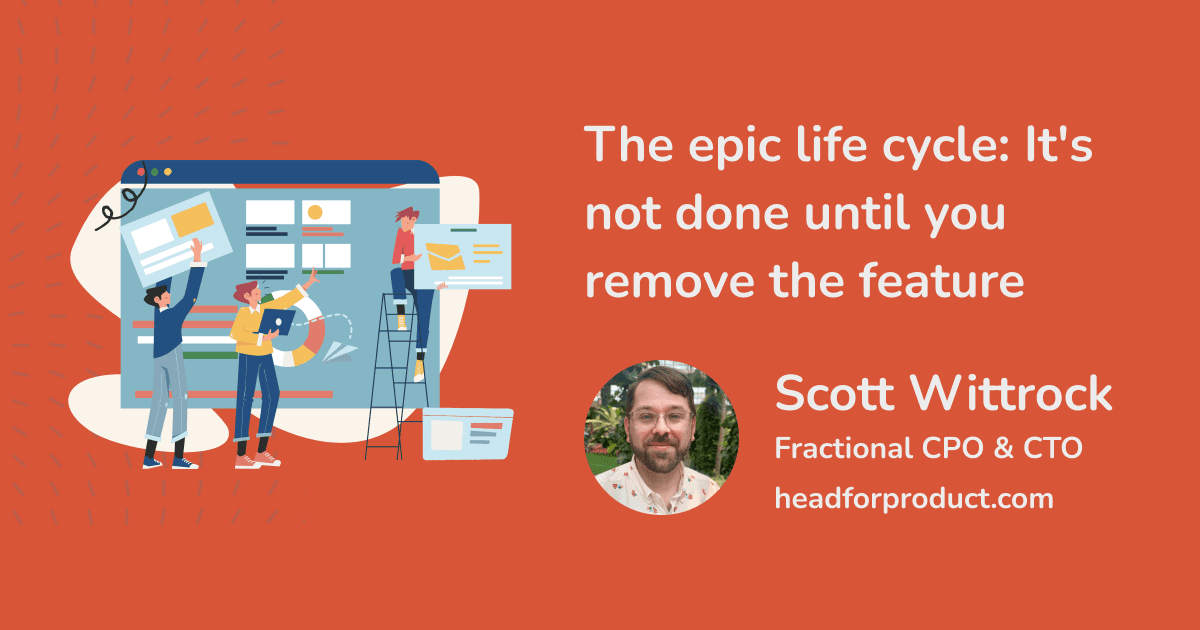Embracing AI: Insights and Strategies from Tech360 Conference
This past month at the Tech360 Conference held at West Chester University, I was immersed in a world where artificial intelligence (AI) is not just a buzzword, but a tangible force reshaping the way we do business. The conference brought together leading minds in the field, presenting a fascinating panorama of AI's current and future impact on industries. Coinciding with this event was the release of GPTs from ChatGPT, an exciting development that I had the opportunity to explore. These custom versions of ChatGPT, tailored for specific applications, exemplify the kind of innovation that was a central theme at the conference.
AI: A Catalyst for Creative Collaboration
The keynote speaker, Suzanne Taylor, PhD, underscored a pivotal shift in our interaction with AI: from tools to teammates. The narrative is no longer about AI replacing humans but about enhancing human capabilities. Taylor's emphasis on preparing organizations for this shift by cultivating the right skills and mindset was particularly striking. It reminds me of a project I led where integrating AI into our workflow initially met resistance. But with training and exposure, the team not only embraced the technology but also uncovered innovative applications that significantly improved our productivity.
The Legal Landscape and Ethical Use of AI
Mark McCreary's talk was a timely reminder of the legal and ethical dimensions of AI. His comparison of AI to historical disruptors like the internet and smartphones was insightful. It highlighted the inevitability of AI becoming a business staple. However, the dichotomy between public and private AI tools, and the emphasis on understanding the risks alongside the benefits, was an essential takeaway. I look forward to see if AI is in fact as big of a disruptor as the internet and smartphones.
AI in the Workforce: A Balanced Approach
The panel discussion, led by Ben Johnson, Crystal O’Neill, and Julie Goff, offered a balanced view of AI's role in the workforce. Their collective insights into the cautious yet opportunistic approach to AI in business processes resonated with me. It's crucial to remember that while AI can augment efficiency, the human element remains indispensable, especially in sensitive areas like hiring.
Storytelling with AI: Lessons from the Field
Christina Kucek's session on AI adoption in real-world scenarios was a highlight. Her emphasis on the need for businesses to integrate AI thoughtfully and purposefully aligns with my own experiences in product management. A successful AI implementation isn't just about the technology; it's about how it aligns with and enhances your business goals and customer experiences.
AI Engineering and Risk Management
The importance of managing risks in AI systems, as discussed by Raghu Sangwan, is an area often overlooked in the rush to adopt new technologies. His insights underscore the need for robust data management and risk mitigation strategies.
A New Era of Productivity and Creativity
The conference reaffirmed my belief that generative AI is not just a tool but a partner in creativity. It can inspire and augment human efforts in unprecedented ways. This is particularly relevant with Microsoft Copilot's integration into Office 365, signaling a significant shift in how enterprises will interact with AI. The initial response from enterprise companies was a flat out ban in using generative AI tools. It will be interesting to watch if and how that changes as Micrsoft begins rolling out private enterprise grade AI tools as part of their Microsoft suite.
Tailored AI: The Future of Industry-Specific Solutions
The idea of industry-specific AI models is a game changer. Just as custom web development eventually became necessary for businesses seeking unique digital solutions, bespoke AI models will likely follow a similar trajectory. The launch of GPT’s this week by OpenAI, will only exaggerate this trend. It’s now possible for a non-developer with access to large amounts of industry specific data to train GPTs on proprietary information. These models can be shared widely as easily as you can share a google doc.
Data Management: The Backbone of AI Efficacy
The parallel drawn between data management tools in AI and the essentiality of shovels during the gold rush was a striking analogy. It highlights the importance of good datasets in achieving desirable AI outcomes, a notion that resonates deeply with my own experiences in product development and data strategy.
Conclusion
In conclusion, the Tech360 Conference was a wellspring of knowledge, offering a comprehensive look at how AI is shaping our business landscape. It's clear that AI is not just a passing trend but a transformative force in the business world. As we integrate AI into our operations, the lessons and insights from this conference will be invaluable.



